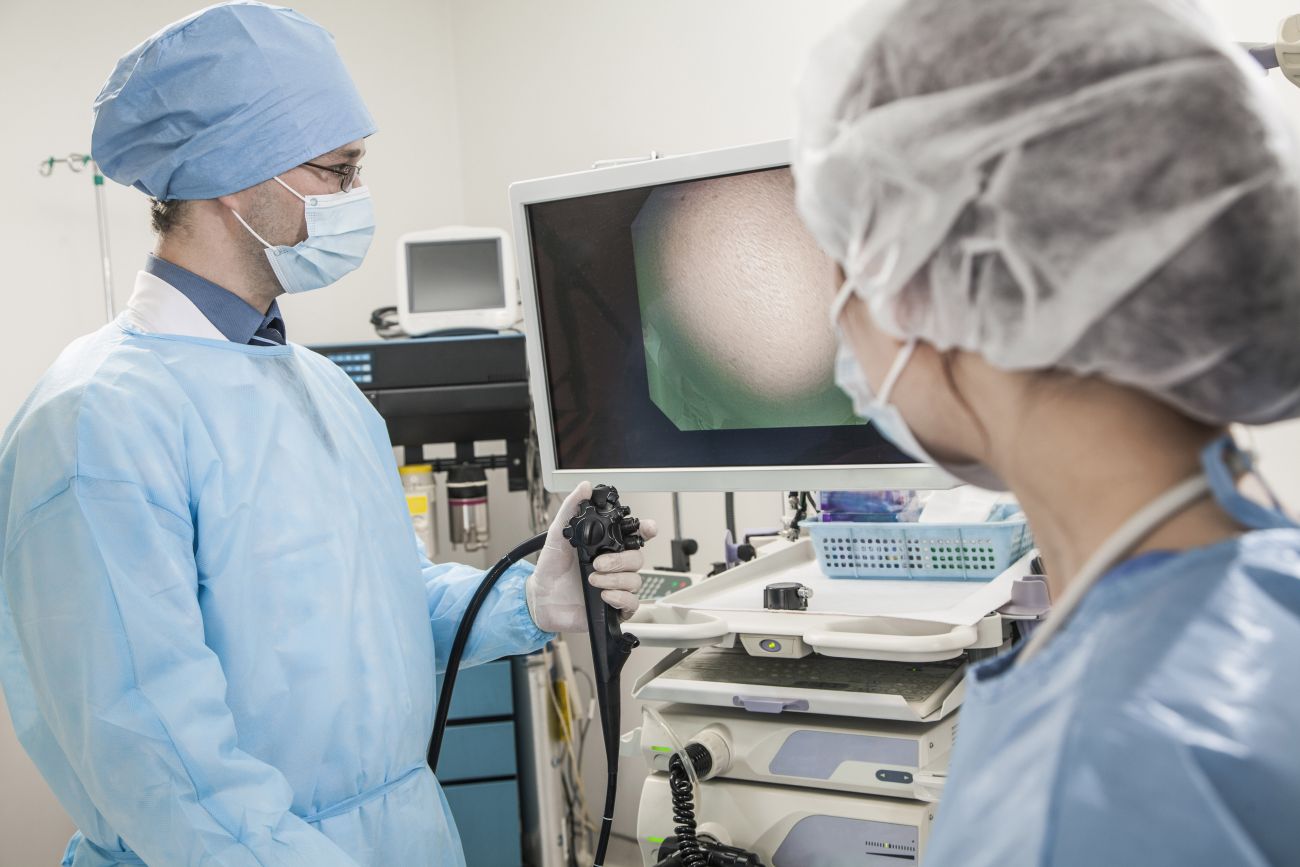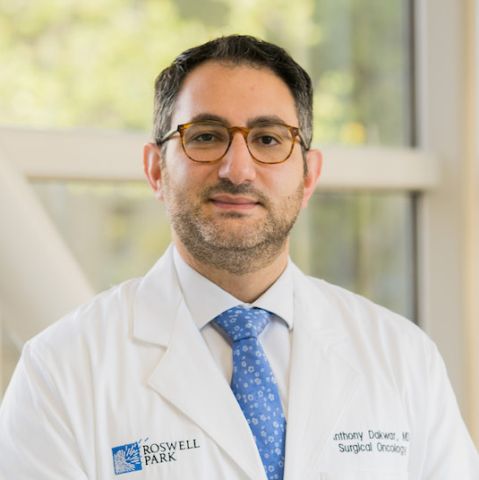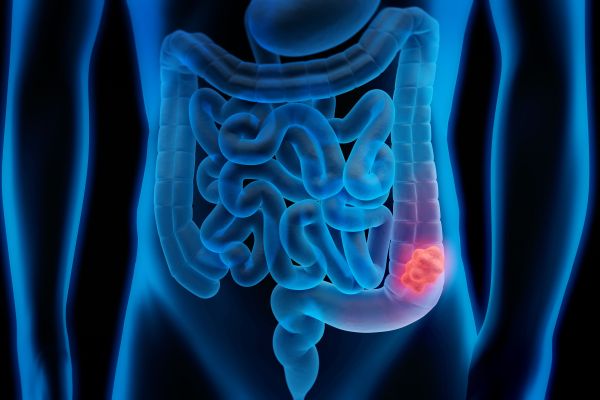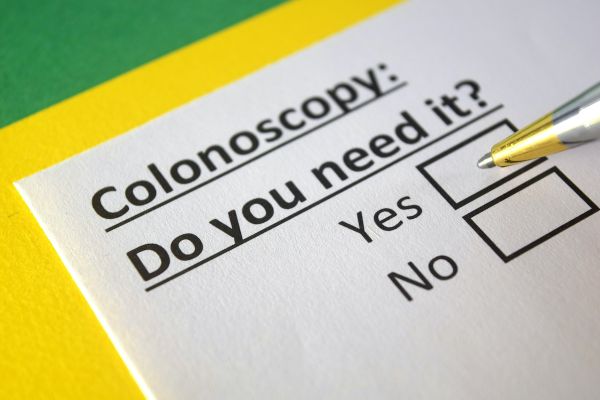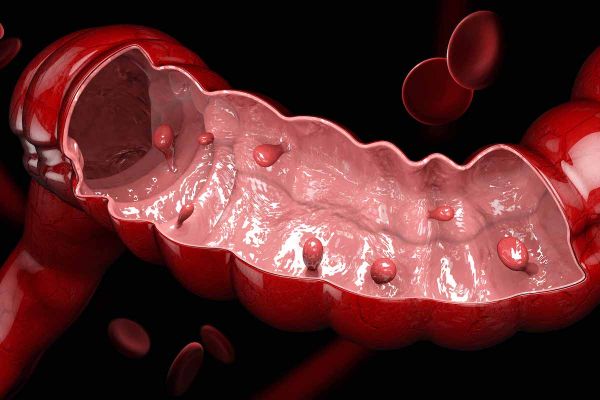Achieving a clean colon is essential to allowing the test to proceed
It’s no laughing matter: failing to prepare for your colonoscopy properly and completely might require starting the whole process all over again.
“The reason we do preparation for a colonoscopy is to clear the fecal matter from the colon itself so that the visualization of the lining of the colon is as clear as possible, so we can detect polyps that are on the smaller side or to look at the nuance of polyps so we can make appropriate decisions for removal,” explains Anthony Dakwar, MD, FACS, a surgical oncologist at Roswell Park Comprehensive Cancer Center.
The recommended age to have a first colonoscopy is 45 for the average person; someone with a family history of colon cancer, certain risk factors or medical conditions including ulcerative colitis or Crohn’s disease might need to have the test done earlier or more frequently than the recommended 10-year interval for those at average risk.
The worst part of the whole process is, of course, the preparation — but it’s also the most important. And it’s far easier, with less fluid to drink, than it used to be. Doctors and endoscopists might vary a little in what they specifically recommend a person takes, but the goal is the same: a clean colon means a better reading and a higher possibility of catching a polyp, or abnormal growth found on the lining of the colon or rectum.
Ready the TP!
The preparation itself is relatively simple, albeit admittedly a little uncomfortable. Two days before a colonoscopy, it’s best to avoid high-fiber foods and meals with a lot of heavy meats. The day before the colonoscopy, it’s important to consume only clear liquids.
The tricky part starts in the afternoon of the day before the colonoscopy. That’s when you want to stay home and close to the bathroom, Dr. Dakwar says. You will start to take medications, “typically a laxative in pill form, in addition to a fluid-based laxative. I recommend the patient mixes the fluid-based laxative with a sports drink, as it prevents dehydration and makes it taste a little better. Drink that from the afternoon until nighttime. You definitely want to stay home the day before your colonoscopy.”
Within the first few minutes of a colonoscopy, the endoscopist will be able to tell whether you’ve properly completed your preparation. “If the prep is inadequate, unfortunately, the endoscopist will have to stop the procedure and we’ll have to reschedule and repeat the entire process again. That’s why it’s really important to follow the instructions of your doctor and to follow them to a T.”
A good way to know whether you’ve done a proper bowel preparation is that, when you go to the bathroom the morning of the colonoscopy, “you’re evacuating clear or yellow liquid. You should not have any brown fecal matter on the way to your scope.”
Colon cancer screening
In addition to a colonoscopy, find out other ways our experts screen for colon cancer.
Learn MoreA clean start means a better reading and more accurate results
Incomplete preparation, even if the colonoscopy can proceed, can lead to the endoscopist not being able to see small polyps that should be removed for testing, Dr. Dakwar says. “The detection rate for a polyp of less than one centimeter will be decreased significantly if prep is not done properly. When done correctly, you can see sub-centimeter polyps. As long as the operator is able to confidently look at the lining of the colon, they should be satisfied with the colonoscopy. There is some ability to clean out a little bit more with the colonoscopy itself, but we can tell within the first few minutes how it’s going to go.”
After the procedure is finished, any polyps that were removed are sent off for testing, with results provided in five to 10 days, depending on the facility. As for the patient, there might be a little residual abdominal discomfort from the scope itself, but there shouldn’t be any further side effects or leftover feelings of urgency that would cause them to run to the bathroom.
The bottom line, Dr. Dakwar says, is that colonoscopy is the gold standard for detecting polyps early and it remains the only cancer screening that is both diagnostic and therapeutic. “If we do find a polyp, we can remove it and prevent the whole colon cancer sequence from starting. It’s a very unique cancer screening tool because other screening procedures require another intervention if an abnormality is found. Colon cancer is preventable through colonoscopies.”
